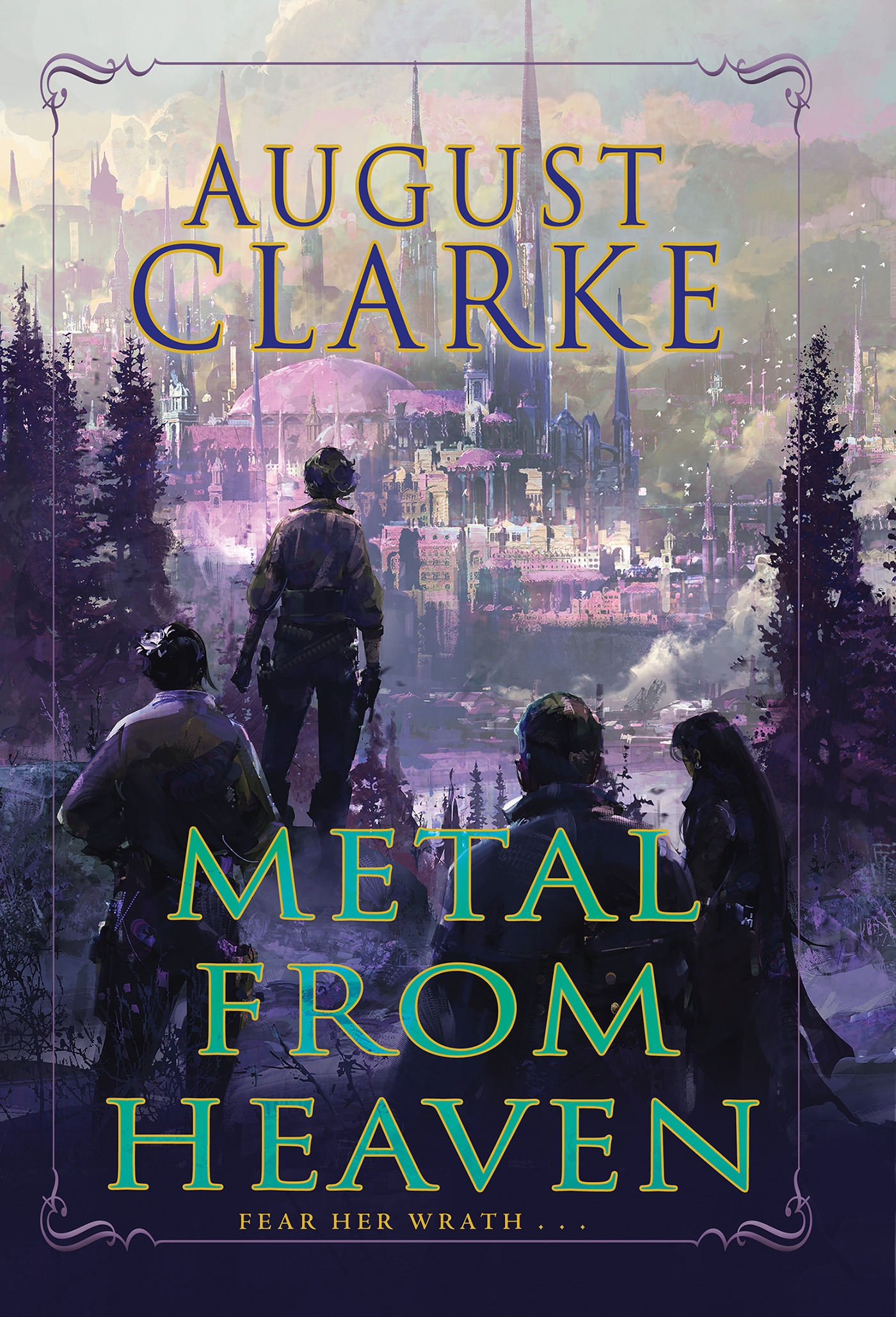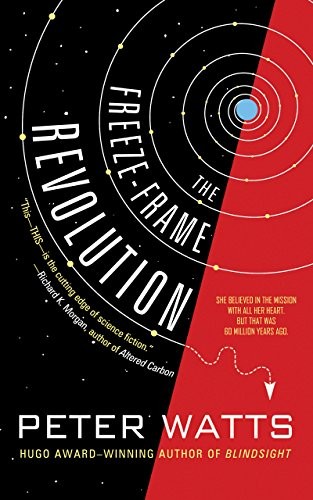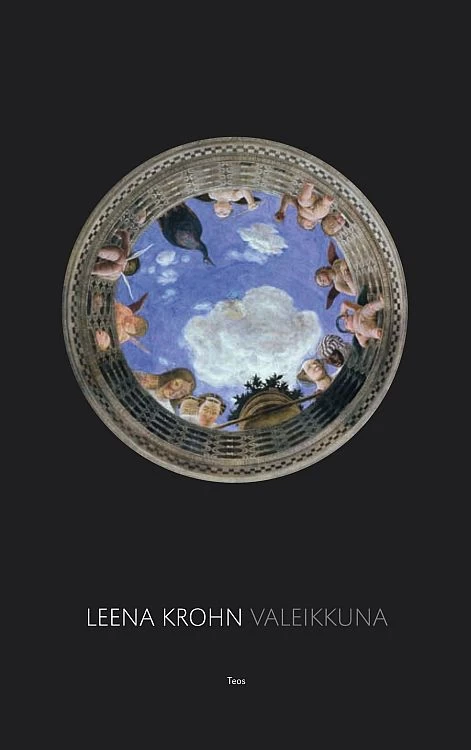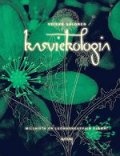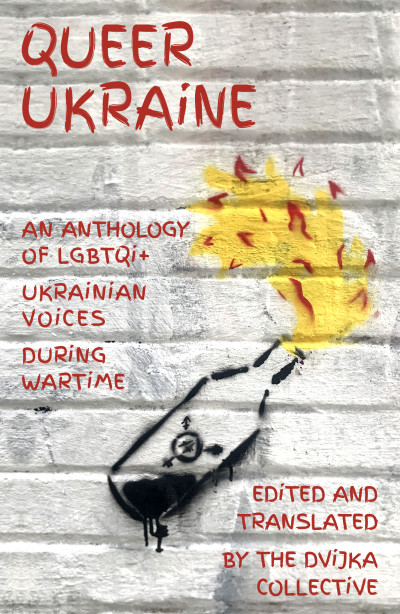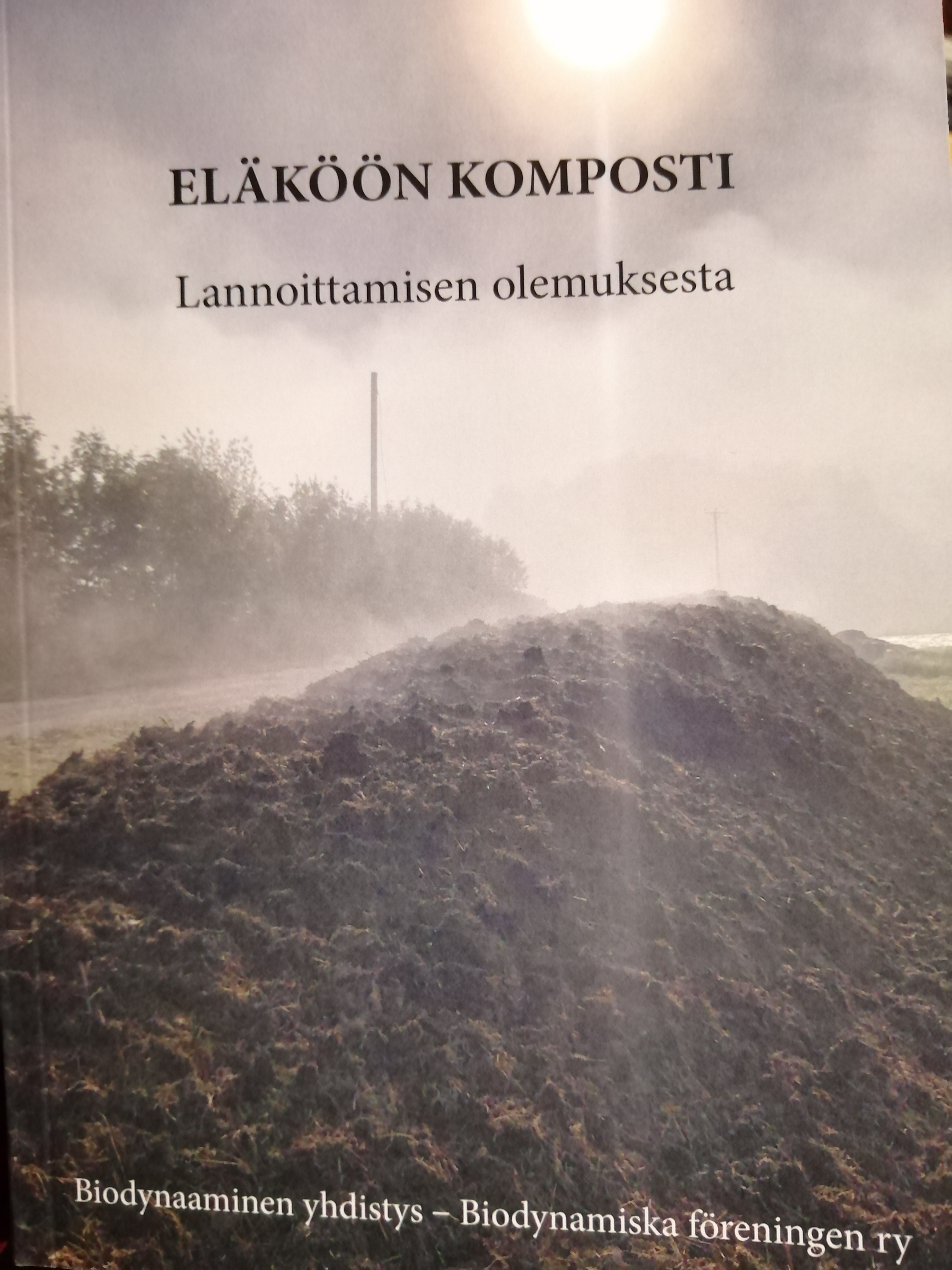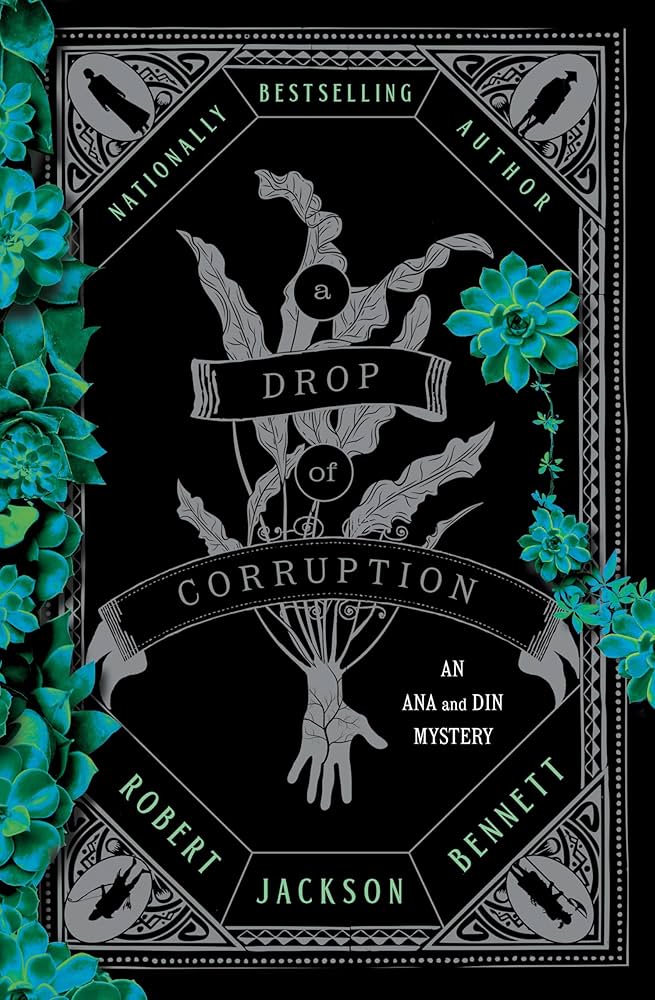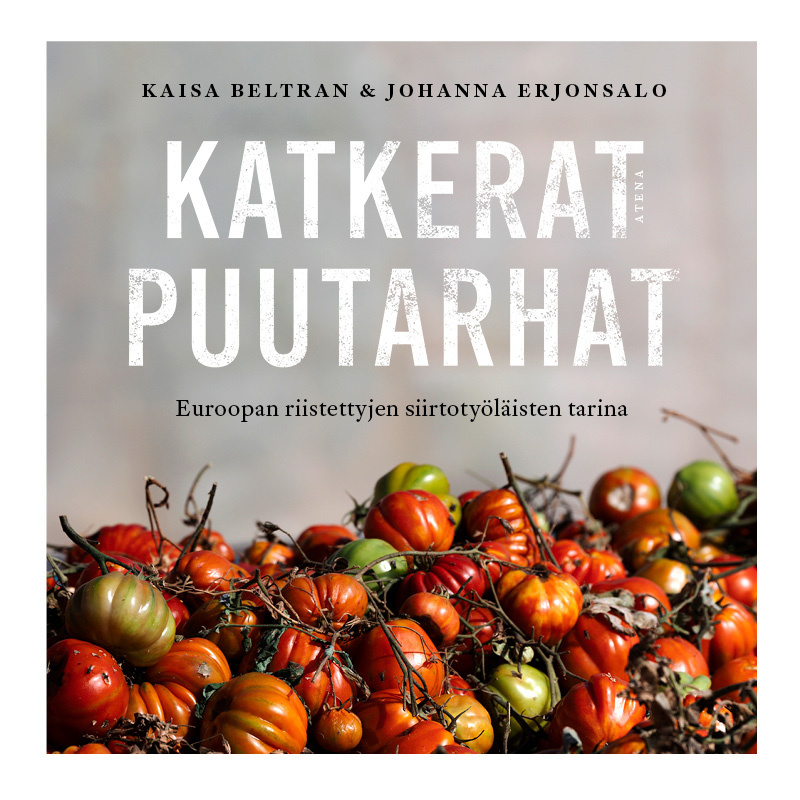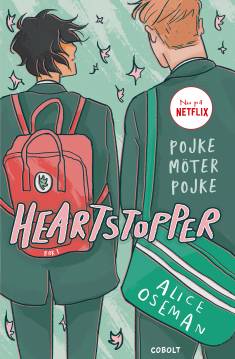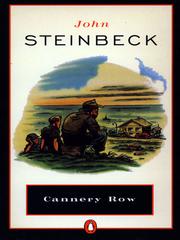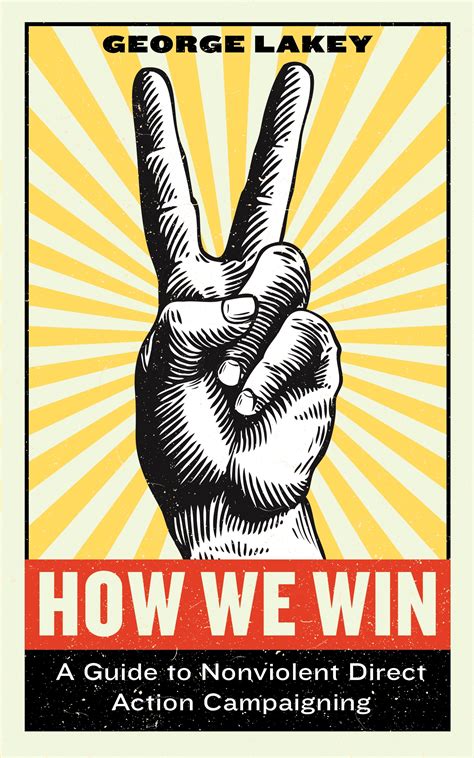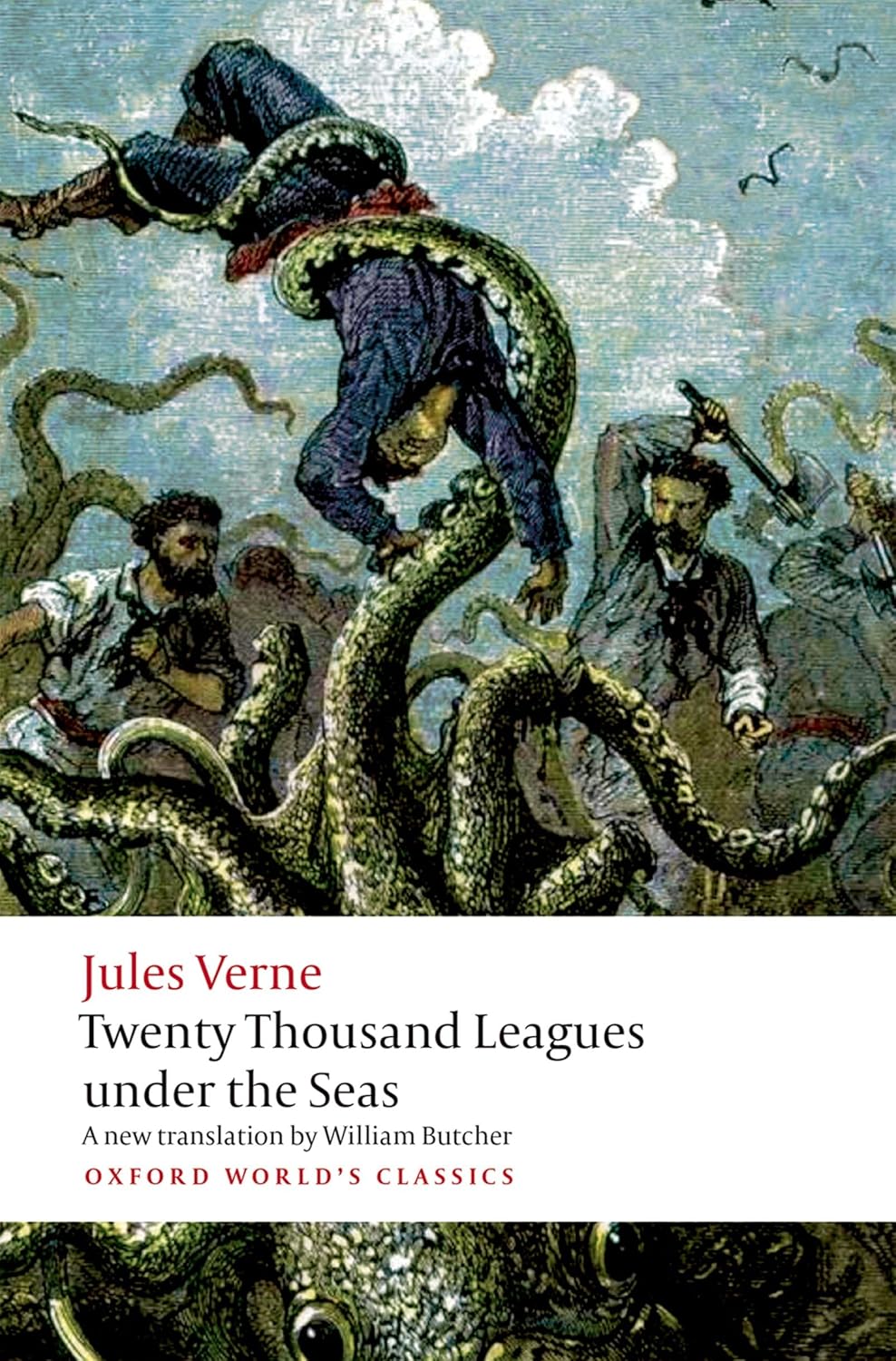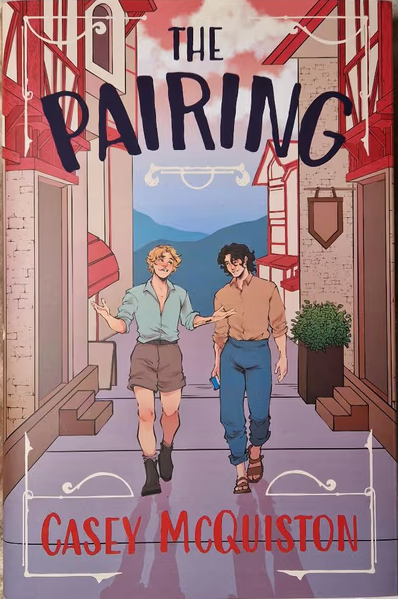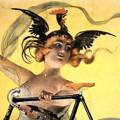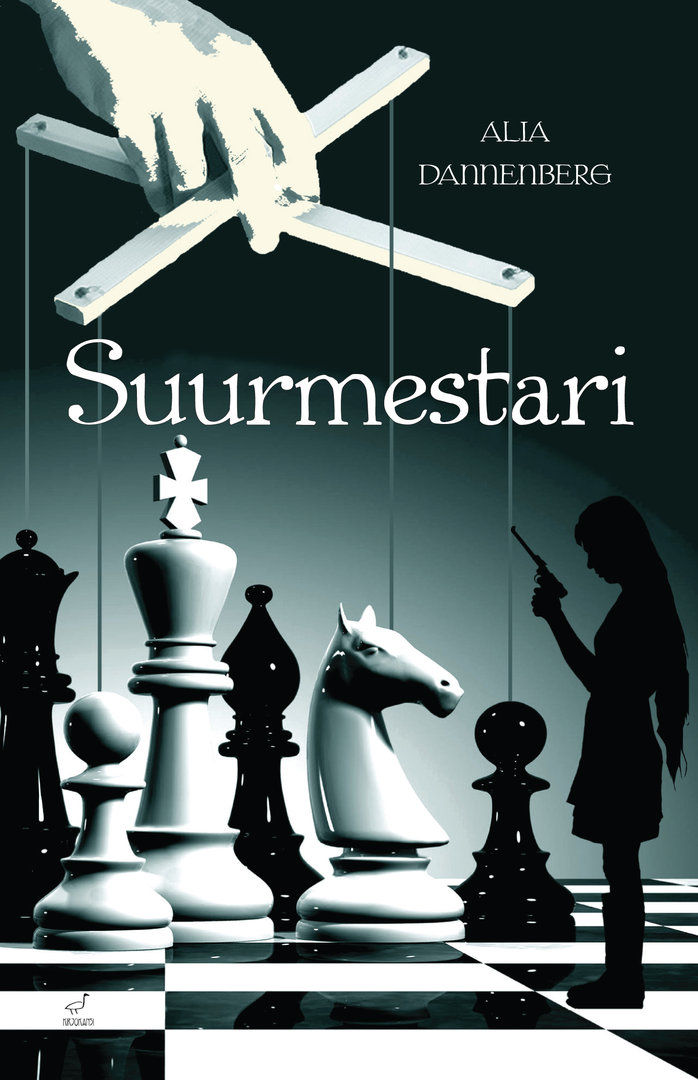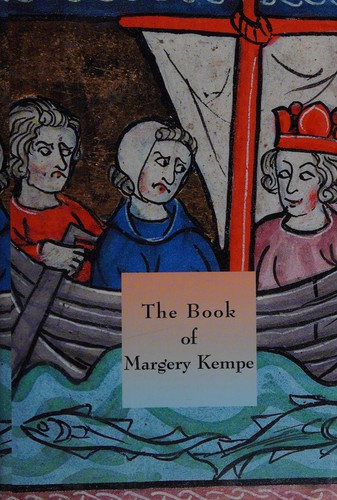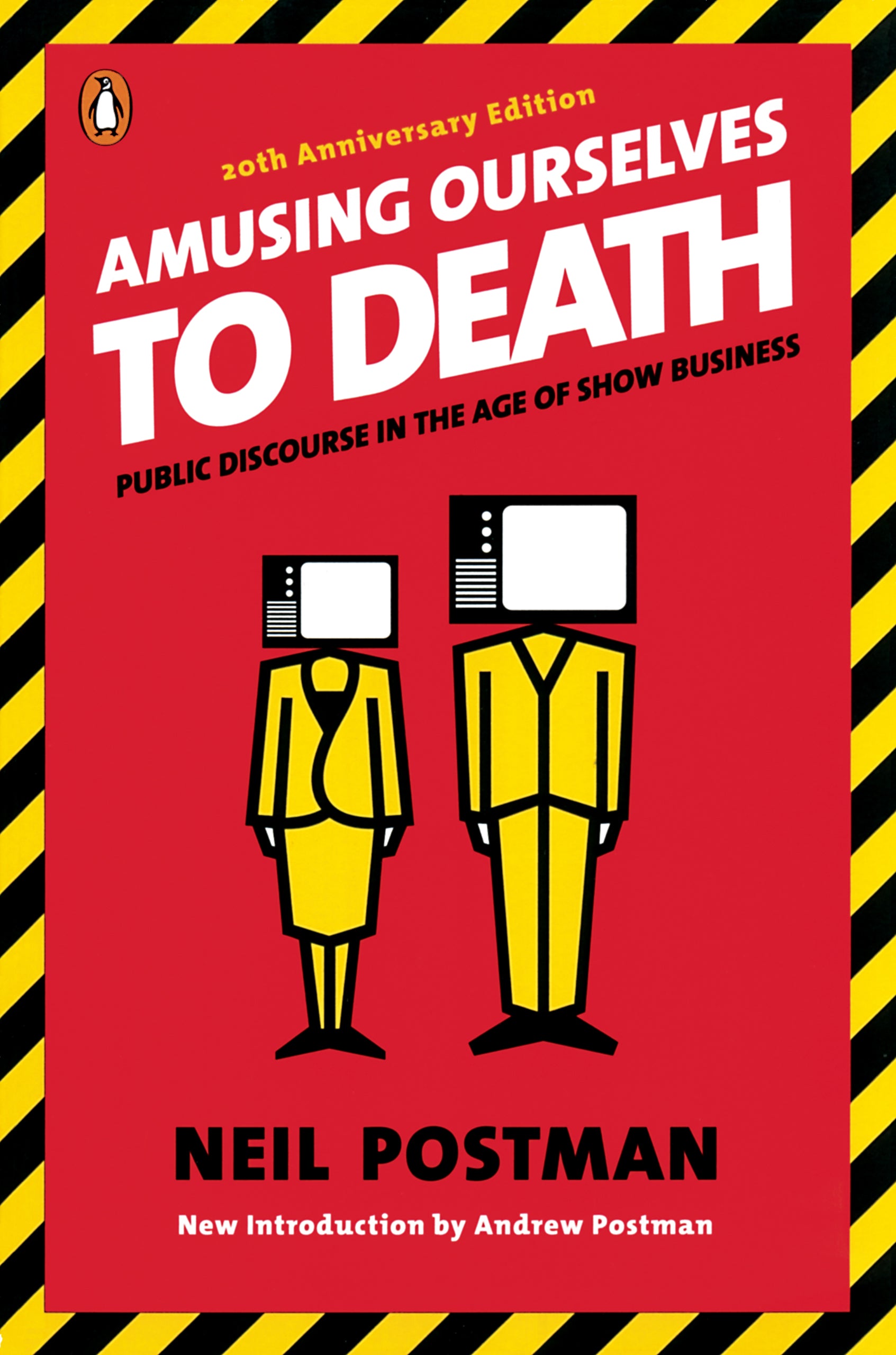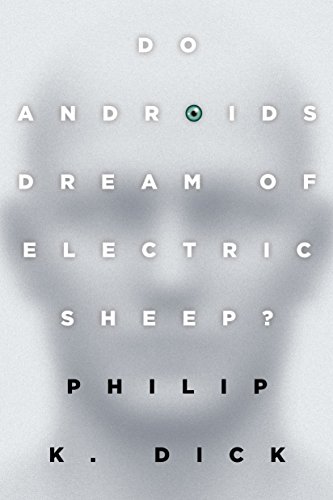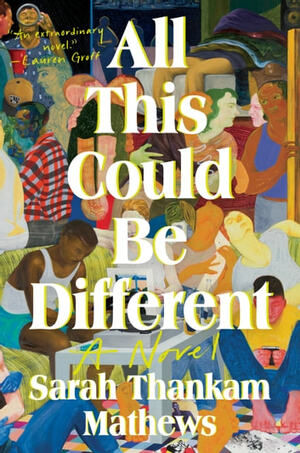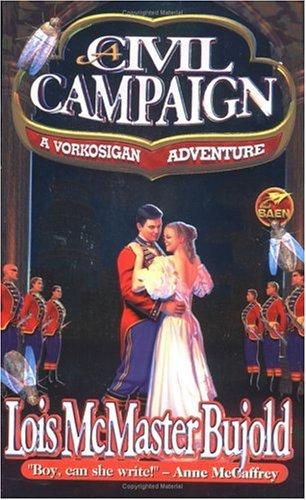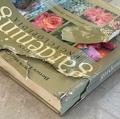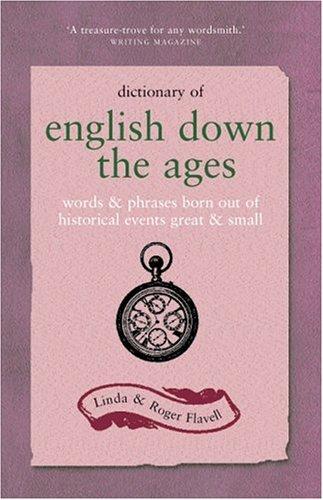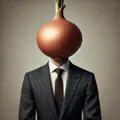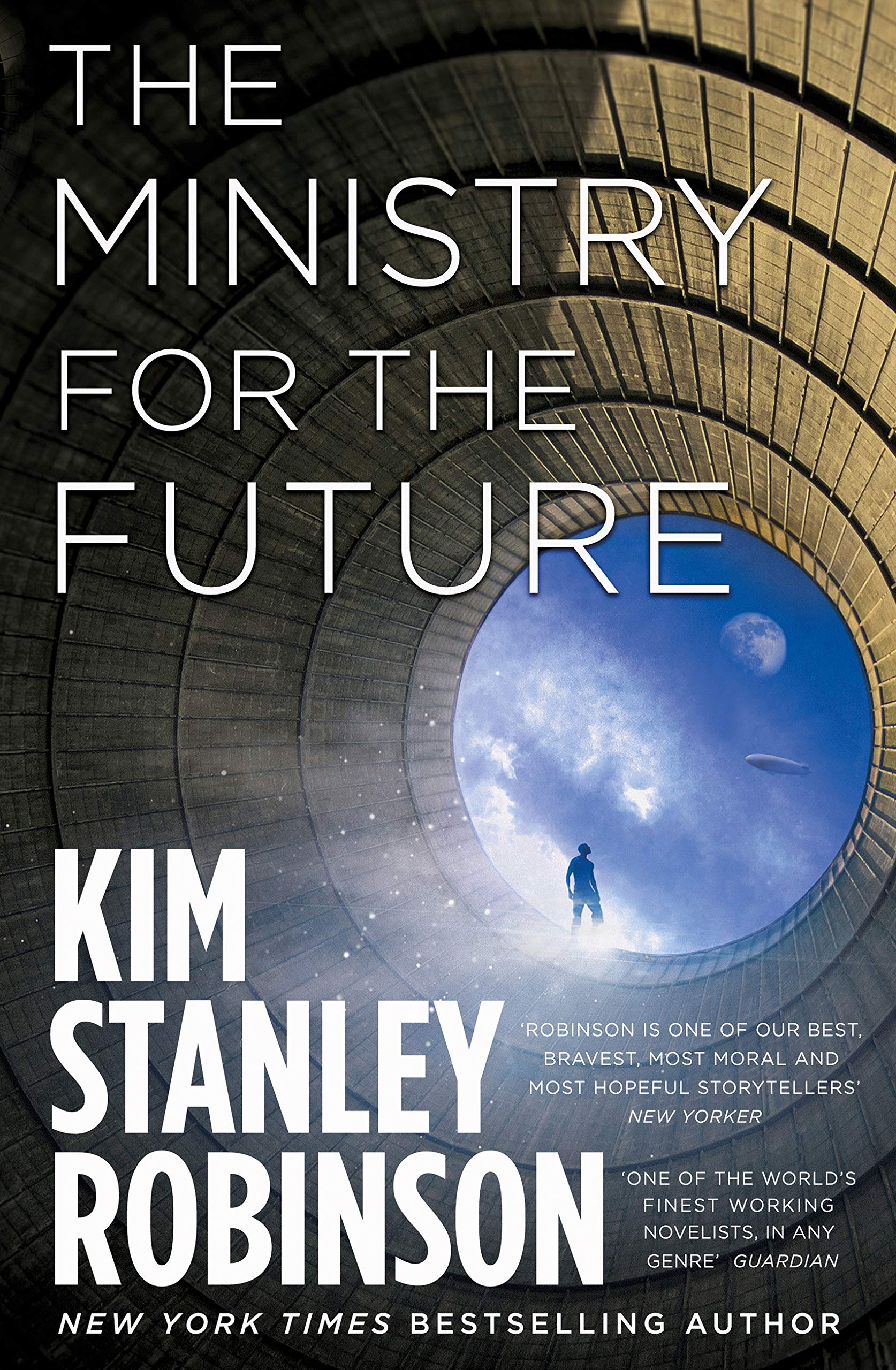Let me first stress how fucking American this is. The entire book plays during a “European Food and Wine Tour”, with the following stops: London, Paris, Bordeaux, Saint-Jean-de-Luz, San Sebastián, Barcelona, Nice, Monaco, Cinque Terre, Pisa, Florence, Chianti, Rome, Naples and Palermo. Because, of course, food and wine culture only exists in France, Northern Spain, Italy and .... London.
Oh, no, excuse me, London is not a proper stop on this tour. There's no food and wine served in London. The tour only starts in London, and the first thing they do on the tour is a bus ride to Paris. Wait what? Who the fuck travels to London first, if the real start is Paris? One of the protagonists actually even lives in Paris, but travels to London for the tour start and the bus ride to Paris. Holy hell.
Of course, there are Europeans on the tour (from Sweden, Norway and Germany), totally stereotyped, and the author tried to incorporate words from the respective languages. And failed. No, Casey, Swedish does not have the character ü. Did you not have any editors and ARC readers?
Of course, Swedes, Norwegians and Germans are the totally typical audience of a "European Food and Wine Tour" that pretends European Food and Wine only exists in France, Spain and Italy. And totally the typical audience for a tour that starts with a bus ride from London to Paris, because Swedes, Norwegians and Germans don't know shit about European geography.
And of course everyone's bisexual in Europe. Okay, well, I love a queer-normative world, but the literally say "everyone's bisexual on a European vacation", as if that's somehow a Europe-specific property. Come on....
But mostly, I am just disappointed. I learned to love McQuiston's books "One Last Stop" and "I Kissed Shara Wheeler", with really creative and amazing plots that I love. This one however, is really uninspired.
